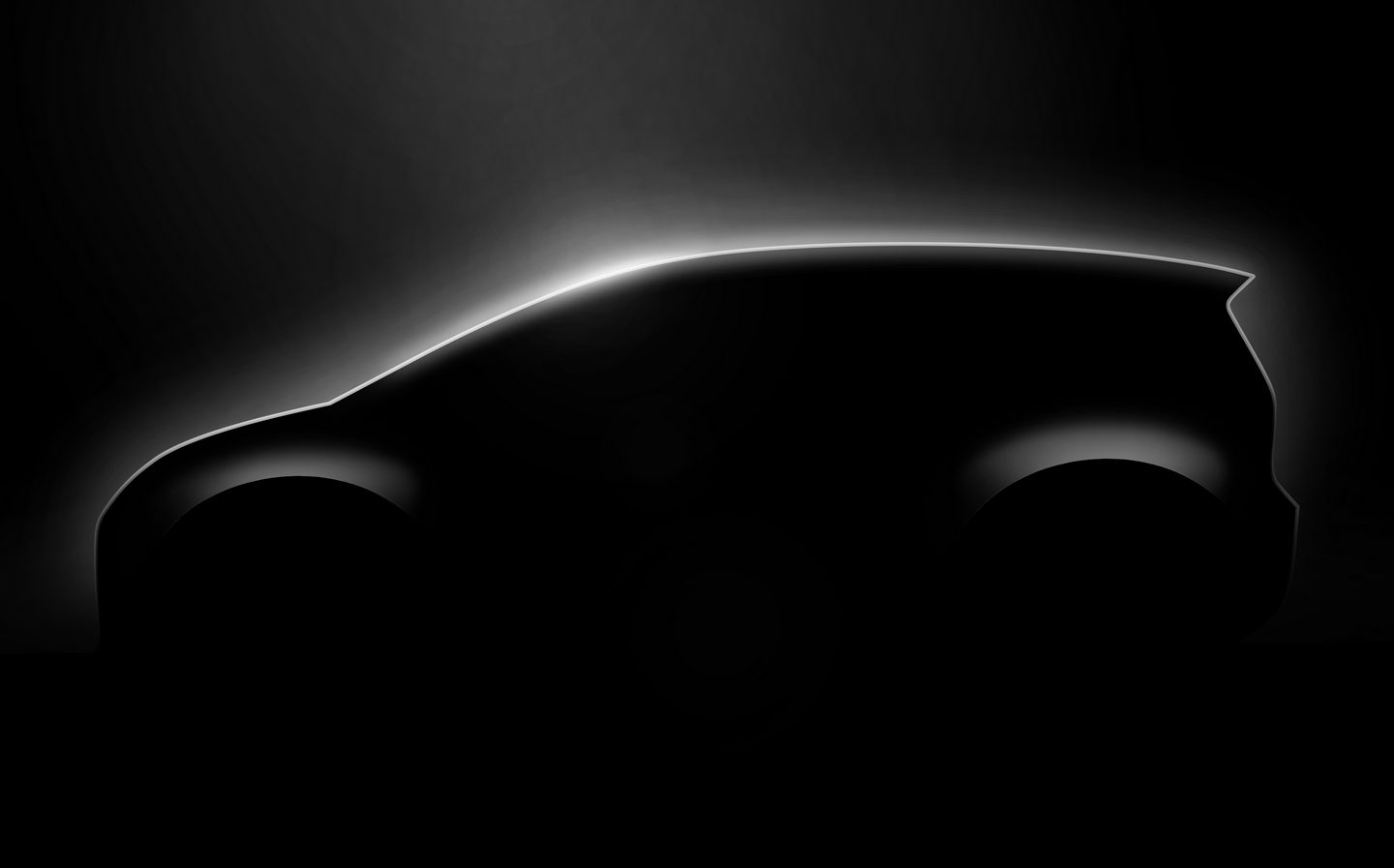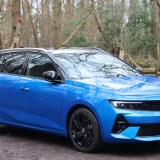Volkswagen Group commits to a £17,000 electric car for 2027, developed in Europe
Even cheaper than the forthcoming Volkswagen ID.2
Volkswagen has confirmed it is aiming to make electric vehicle (EV) ownership more affordable with a sub-€20,000 car (around £17,000 at current direct exchange rates) that is slated to arrive in 2027.
The board of management of the wider Volkswagen Group, which includes manufacturers as diverse as Skoda, Audi, Seat, Porsche, Cupra, Bentley, Lamborghini and Bugatti, said it was its duty to offer less expensive EVs to the masses, citing a long history of selling affordable cars through its various brands. Volkswagen, it reminded us in a statement, means “people’s car”.
The Volkswagen Group said that if it can land a super-cheap EV by 2027, its volume brands — specifically VW itself, alongside Seat, Cupra, Skoda and Audi — would “fulfil their promise to create mobility for all and continue to facilitate the entry into e-mobility”.
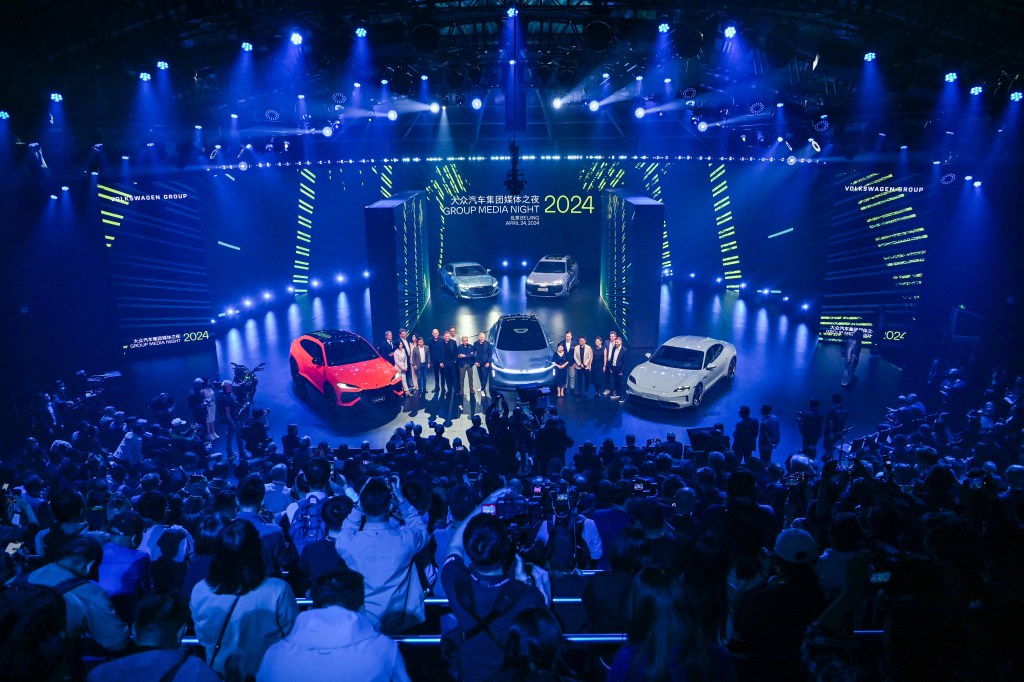
From Europe, for Europe
The conglomerate also said development and construction of these EVs would be driven by Europe for Europe, rather than using facilities further afield.
But in making the announcement, senior chiefs in the group called on European governments to offer “political support and competitive framework conditions” to allow an affordable EV scheme to flourish.
This most likely refers to financial incentives offered by the governments to help manufacturers build cars more cost effectively and consumers purchase an EV at a lower price, as well as the improvement of the public charging network.
Oliver Blume, the CEO of the Volkswagen Group, said of the commitment to cheaper EVs: “Generations of people associate the strong brands of the Volkswagen Group with their first car — and with affordable mobility.
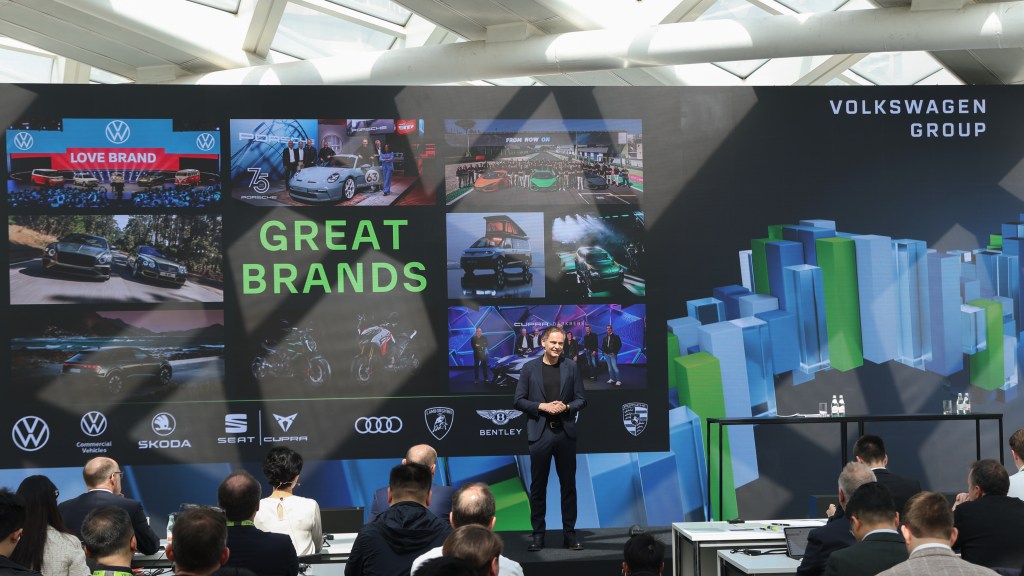
“As a group with strong brands, we continue to assume this social responsibility to this day. That’s why I’m very pleased that we’re launching a future-oriented project.
“It’s about entry-level electric mobility from Europe, for Europe. In doing so, we combine a clear commitment to Europe as an industrial location, a European industrial policy and ultimately act in the interests of European customers.”
‘Political support needed’
Adding to Blume’s comments, the CEO of Volkswagen brand and the head of the Brand Group Core, Thomas Schäfer, continued: “The future is electric. In order for electromobility to become widespread, attractive vehicles are needed, especially in the entry-level segment.
“Our brand promise is: electromobility for all.”
He added that this promise is now being fulfilled in the “Brand Group Core”, which includes the mass market brands mentioned above.
And despite the low prices, Schäfer claimed the vehicles will set standards in the entry-level segment for technology, design, quality, and customer experience.
“This task has become more demanding due to rising energy, material, and raw material costs,” he said
“One thing is clear: electromobility from Europe for Europe can only succeed with political support and competitive framework conditions.”
Lower CO2 outputs with shorter supply chains
An added benefit of centralising production and development of the new EVs in Europe is shorter transport routes for components, resulting in reduced CO2 emissions.
This is a key factor when considering the overall carbon footprint of an EV from construction to grave, along with how the electricity used is generated.

The group’s objective of the sub-€20,000 EV by 2027 is a longer-term goal, with the organisation already well on the path to delivering cheaper models with zero exhaust emissions.
It said that work is already under way on the “electric urban car family”, with which the Brand Group Core will deliver two EVs for less than €25,000 (c.£21,250) before the end of 2025.
Volkswagen Group cited two new compact cars as part of this first step on the project, which are likely the Volkswagen ID.2 and the Cupra Raval.
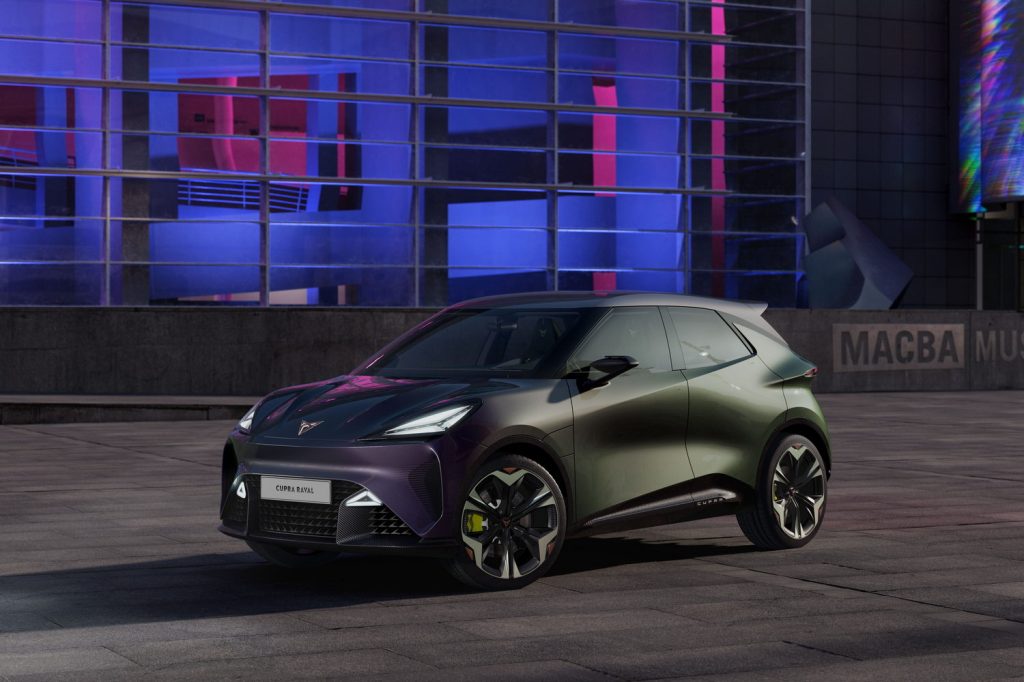
It also mentioned two small SUVs, from Skoda and VW, with the former presumably the Elroq that is in the pipeline.
All four of these EVs will be built in Spain.
VW e-Up showed affordable EVs can be done
Currently, the Brand Group Core’s cheapest EVs in the UK are the Volkswagen ID.3, which starts at £35,700 at the time of writing, and the Cupra Born, which kicks off at £34,125.
Both are considerably more expensive than their traditional equivalents — for instance, in Volkswagen’s range, the Polo supermini has a starting price of £20,975, while the larger Golf that is analogous to the ID.3 begins at £27,035.

Over at Cupra, a Leon isn’t much cheaper than the Born with a minimum £31,565 ticket, but that’s for the performance-oriented version of the petrol hatchback that the Spanish company sells.
Switch to Cupra’s parent outfit Seat and the starting price of a Leon drops to £23,905 — representing a gap of more than £10,000 to the least-expensive Born.
The perceived expense of EVs is often cited as a deterrent to consumers making the switch from internal combustion to electric power.
However, the irony of the Volkswagen Group’s announcement of a circa-£17,000 EV for 2027 is that it has already had a cheap, entry-level form of electric mobility on sale in the past.
As recently as 2020, Volkswagen was selling the e-Up electric city car, with a range of 159 miles from its 32.3kWh battery pack, for as little as £19,565 — albeit that figure included the government’s plug-in car grant of £3,500, which is no longer available in the UK.
The vehicle was also restyled and sold as the Seat e-Mii and Skoda Citigo iV, which had starting prices of £19,300 and £16,955 in 2020 — showing that affordable EVs have been in car makers’ mien previously.
Clarification on comments
And, on another point, Thomas Schäfer himself cast much doubt over both Seat’s future and the Volkswagen ID. electric sub-brand in a series of wide-ranging comments made to Autocar at the Munich motor show in September last year.
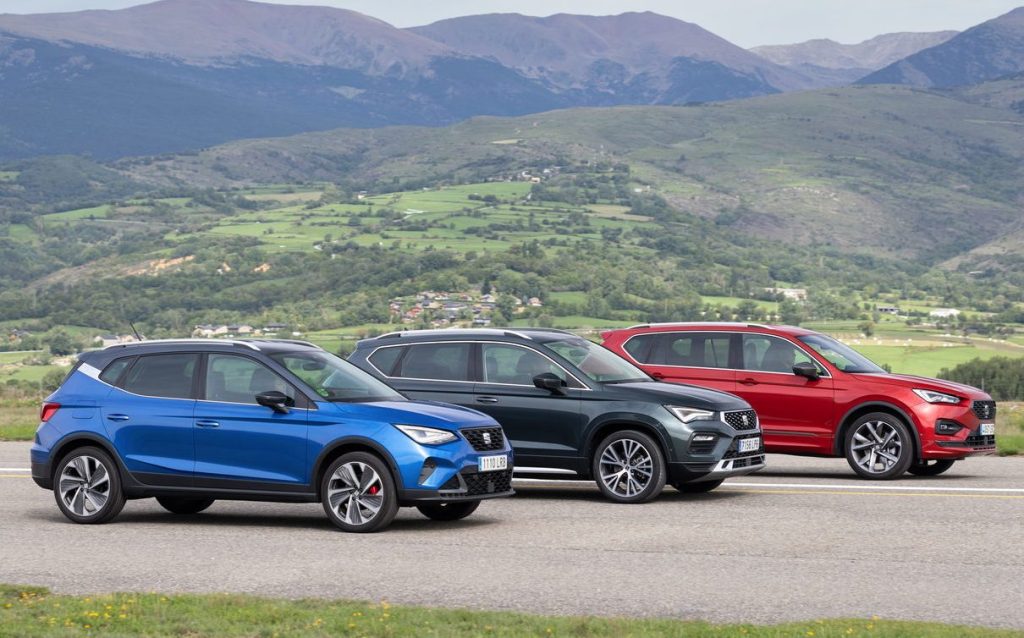
In them, Schäfer suggested that the ID. brand was a temporary measure, and that Volkswagen would rather stick with heritage nameplates, such as Golf, for its longer-term EV products, while he also suggested that Seat would soon stop making cars altogether, leaving Cupra to carry the Iberian mantle within Brand Group Core.
However, he later clarified these comments on LinkedIn, claiming Seat retained a strong order bank, with Volkswagen Group suggesting what he said had been “misrepresented”.
Related articles
- If you found news on an affordable new Volkswagen Group EV interesting, you should read our review of the Skoda Enyaq Coupé iV vRS
- Here are all the car makers’ electric car plans
- Read our review of the Renault Mégane E-Tech Electric
Latest articles
- Aston Martin Valkyrie AMR-LMH hypercar hits track ahead of 2025 Le Mans challenge
- Porsche has begun testing the electric Cayenne
- Cupra Leon 272 eHybrid 2024 review: Bigger battery, better tech … but is it a Cupra?
- Porsche 911 GTS 2024 review: Hybrid heresy or more Stuttgart genius?
- Extended test: 2023 Vauxhall Astra Sports Tourer GS PHEV
- Ford Capri revival has faced a lot of flak… but are buyers put off? Here’s what visitors to the Festival of Speed had to say
- F1 2024 calendar and race reports: What time the next grand prix starts and what happened in the previous rounds
- ‘No timeframe’ for how long Volvo’s returning estate cars will be on sale in UK
- Kia Picanto 2024 review: Updates add spice to cute Korean city car


